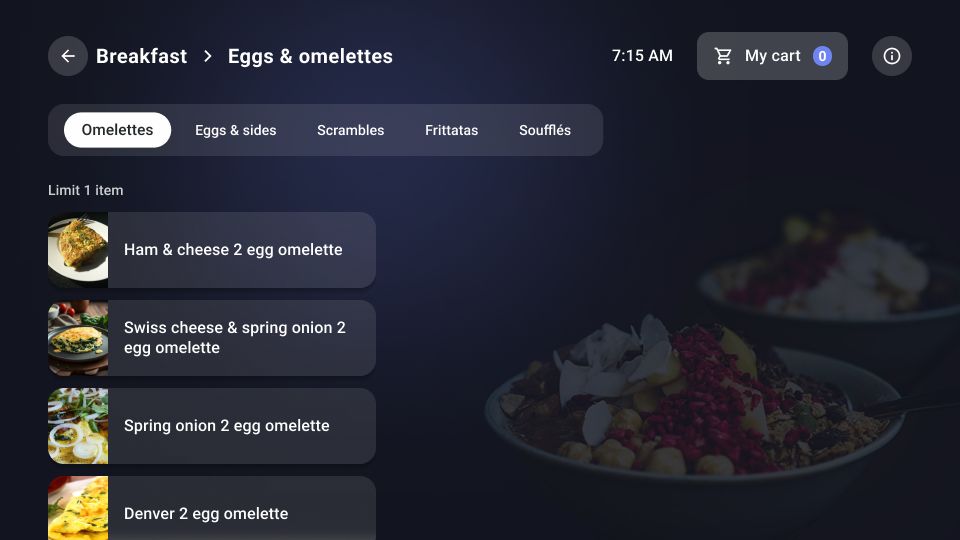A recent study by Elsevier explored the importance of health literacy, and where the responsibility for improving health literacy lies. Elsevier cites a study by the Assistant Secretary for Health for the U.S. Department of Health and Human Services which found that 88% of Americans lack health literacy proficiency, suggesting that the problem lies within the healthcare system rather than with the individual. Health literacy is not just a problem for patients, but also for clinicians and health systems, as poor health literacy often leads to burdensome costs. What can clinicians do to improve health literacy? Our team weighed in.
Ben Williams
BN Nursing
Clinicians often underestimate the effects of the significant stress and trauma that adverse health events cause to patients. In fact, research shows that up to 80% of the medical information given to patients and their caregivers by clinicians is immediately forgotten post-consultation. With this in mind, the importance of delivering the right information at the right time through the right medium is vital to better patient outcomes.
Dr. Lyle Berkowitz
MD, FACP, FHIMSS
By definition, a hospital stay is a period of vital importance in managing a patient’s medical issues, where every minute counts. Clinicians need to take advantage of this unique situation and help patients better understand their diagnosis and management plan to positively impact health and financial outcomes.
Jacinta Opie
MBA, MHA, BNurs, RN
After medical rounds, patients would often call me back into the room to explain what was said during a consultation. These interactions caused myself and my colleagues to begin consulting with patients on new health education materials to ensure that was understood.
Antoinette Thomas
RN, MSN, PNP
It has long been known in the nursing world that nurses spend a great amount of time and energy assessing health literacy when doing patient education and discharge planning. Nurses are usually the first clinicians to uncover issues with health literacy because we are the first to touch the patient and also spend the most clinical hours with them.
Our clinicians agree with the Elsevier study: poor health literacy is a pressing problem which negatively impacts clinical outcomes and creates unnecessary costs for the healthcare system. Our technology makes patient education easy for clinicians to assign, and lets them monitor activity via a digital platform. Knowing exactly what patients have read helps clinicians target areas for further discussion. Even better – the technology makes viewing educational materials fun and easy for patients by placing relevant, accessible, and engaging educational materials right into their hands.



